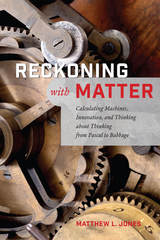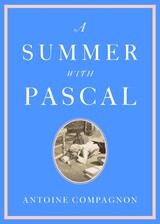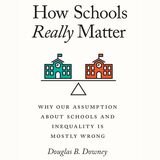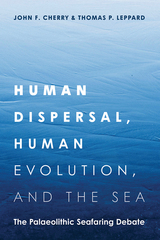

The life of the paradoxical seventeenth-century philosopher and mathematician is examined here along three axes—psychological, theological, and linguistic—to present the first rounded portrayal of the querulous, intense, ever-committed Pascal. In drawing this portrait, the author restores Pascal to the general reader after twenty years of scholarship that has embroiled this historic thinker in academic quarrels.
Robert Nelson confronts the contradictions in Pascal’s life and personality: intensely religious according to the demands of his time, yet simultaneously committed to rigorous scientific inquiry, no matter where it led; fascinated by rebellion, yet deeply dependent on the authority of father, spiritual adviser, church, and science. Mr. Nelson sees the resolution of these personal dilemmas in Pascal’s growing interest in language—the essential relation between word and object, signifier and signified, which form a style of “Pascalian linguistics” different from those of Descartes or Port Royal.
Through the scrutiny of Pascal’s biography and analysis of the entire body of his writing, Nelson reveals Pascal the man, the scientist, the theologian, and the literary genius.

In Reckoning with Matter, Matthew L. Jones draws on the remarkably extensive and well-preserved records of the quest to explore the concrete processes involved in imagining, elaborating, testing, and building calculating machines. He explores the writings of philosophers, engineers, and craftspeople, showing how they thought about technical novelty, their distinctive areas of expertise, and ways they could coordinate their efforts. In doing so, Jones argues that the conceptions of creativity and making they exhibited are often more incisive—and more honest—than those that dominate our current legal, political, and aesthetic culture.

From an eminent scholar, a spirited introduction to one of the great polymaths in the history of Europe.
Blaise Pascal (1623–1662) is best known in the English-speaking world for his contributions to mathematics and physics, with both a triangle and a law in fluid mechanics named after him. Meanwhile, the classic film My Night at Maud’s popularized Pascal’s wager, an invitation to faith that has inspired generations of theologians. Despite the immensity of his reputation, few read him outside French schools. In A Summer with Pascal, celebrated literary critic Antoine Compagnon opens our minds to a figure somehow both towering and ignored.
Compagnon provides a bird’s-eye view of Pascal’s life and significance, making this volume an ideal introduction. Still, scholars and neophytes alike will profit greatly from his masterful readings of the Pensées—a cornerstone of Western philosophy—and the Provincial Letters, in which Pascal advanced wry theological critiques of his contemporaries. The concise, taut chapters build upon one another, easing into writings often thought to be forbidding and dour. With Compagnon as our guide, these works are not just accessible but enchanting.
A Summer with Pascal brings the early modern thinker to life in the present. In an age of profound existential doubt and assaults on truth and reason, in which religion and science are so often crudely opposed, Pascal’s sophisticated commitment to both challenges us to meet the world with true intellectual vigor.
READERS
Browse our collection.
PUBLISHERS
See BiblioVault's publisher services.
STUDENT SERVICES
Files for college accessibility offices.
UChicago Accessibility Resources
home | accessibility | search | about | contact us
BiblioVault ® 2001 - 2025
The University of Chicago Press









